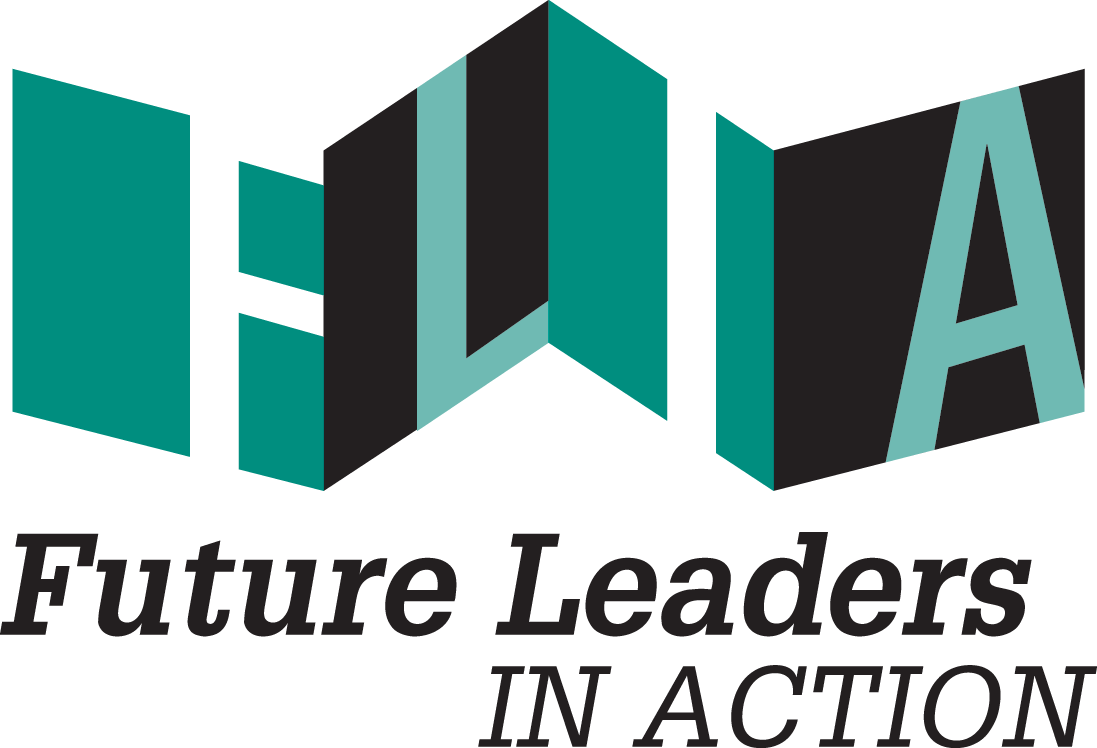Participants at YSS / IHYC making ice cream together
Four months ago, I became a participant of YSS’s Post-Secondary Education Retention Program. Now, I am working with the program from the backend. I have come to learn that most PSERP recipients have full-time jobs, children, and are working on obtaining a degree. It is difficult to engage in school or community-based activities while also trying to balance our everyday life responsibilities. This is what has led YSS to reimagine a student engagement project for teens.
Growing up, I experienced many challenges that influenced me to join the social sector. My first year in college, I became involved in school clubs, activites, and I took on a couple leadership roles. I became the secretary for the Student Activities Council at Des Moines Area Community College - Urban Campus. I was also involved with the Latino Student Club and held the position of Treasurer. In my second year at DMACC, I was asked to speak on behalf of the college to students about my experience as a first generation, low income Latina college student. Toward the end of my last semester at DMACC, I applied for a fellowship opportunity with Future Leaders in Action and was accepted for the summer.
Now, I have partnered up with YSS’s Iowa Homeless Youth Centers to work with their Post-Secondary Education Retention Program (PSERP) which is designed to help first generation, low income and youth at risk of homelessness achieve their post-secondary education goals. I am working on a project to develop student engagement aspect to the program that allows participants to volunteer, job shadow and/or have an internship opportunity at an organization of their interest.
We will kick-off this project by holding a workshop on the importance of student engagement at schools and in the community. I’ve begun by creating a survey to learn what areas of the participants are interested in. Now, I am moving forward by contacting organizations that have potential volunteer, job shadowing, and internship opportunities for YSS youth. The workshop will take place a few weeks before the Fall semester begins. It will consist of different activities including: a time management activity, a de-stressing activity, and a collaborative/team building activity to build a sense of community among participants!
During my first week of the fellowship, I had the opportunity to attend the Iowa/Nebraska Homelessness Symposium. It was a two day conference held at the University of Nebraska at Omaha. I attended all of the sessions related to youth homelessness and learned that there are 1.3 million homeless youth in the United States.
On average, about 5,000 homeless youth die each year due to illnesses, assault and/or suicide.
More than half of these homeless youth were asked to leave their homes for many reasons, such as, familial disagreements, their sexual orientation, substance abuse, and mental health.
We were taught that these youth typically spend 2 years living on the streets until they can find a place to stay. For the youth that are trying to do everything they can to stay out of homelessness, we must work with them and help their voices be heard. What’s better than having a youth who has experienced all these things to help with the decisions being made to help others who are homeless in Central Iowa? They just need someone to reach out to them and direct them to opportunities they believed they would never have. At IHYC, youth are encouraged to attend the Youth Advisory Board meeting once a month to share ideas and/ or concerns they have with the center. The youth can express their feeling about the program and help make a change they’d like to see.
Almost all homeless youth strongly want to find a home and about 92% believe they are doing everything they can to get out of homelessness.
IHYC prioritizes being a safe space for all youth
A major concern with homeless youth is that most of them are homeless because they have aged out of the foster care system. Staff from Achieving Maximum Potential (AMP) shared that their organization’s mission is to help foster youth become independent adults who can successfully educate others about the child welfare system and take an active role in making life better for themselves and others in state care. I strongly believe that there are gaps in the system that need to be recognized and addressed, and our work at YSS supports those experiencing the gaps.
Our youth should share their story with stakeholders to bring awareness about the struggles they are facing. In addition to my fellowship role, I have decided to become a part of the Youth Advisory Board, where we can have conversations that bridge the gap between youth and various community supporters and stakeholders. I hope that between my fellowship role and my active involvement in the Youth Advisory Board, I am able to help young people experiencing homelessness and poverty connect to resources that help them stand strong as they transition into adulthood.



